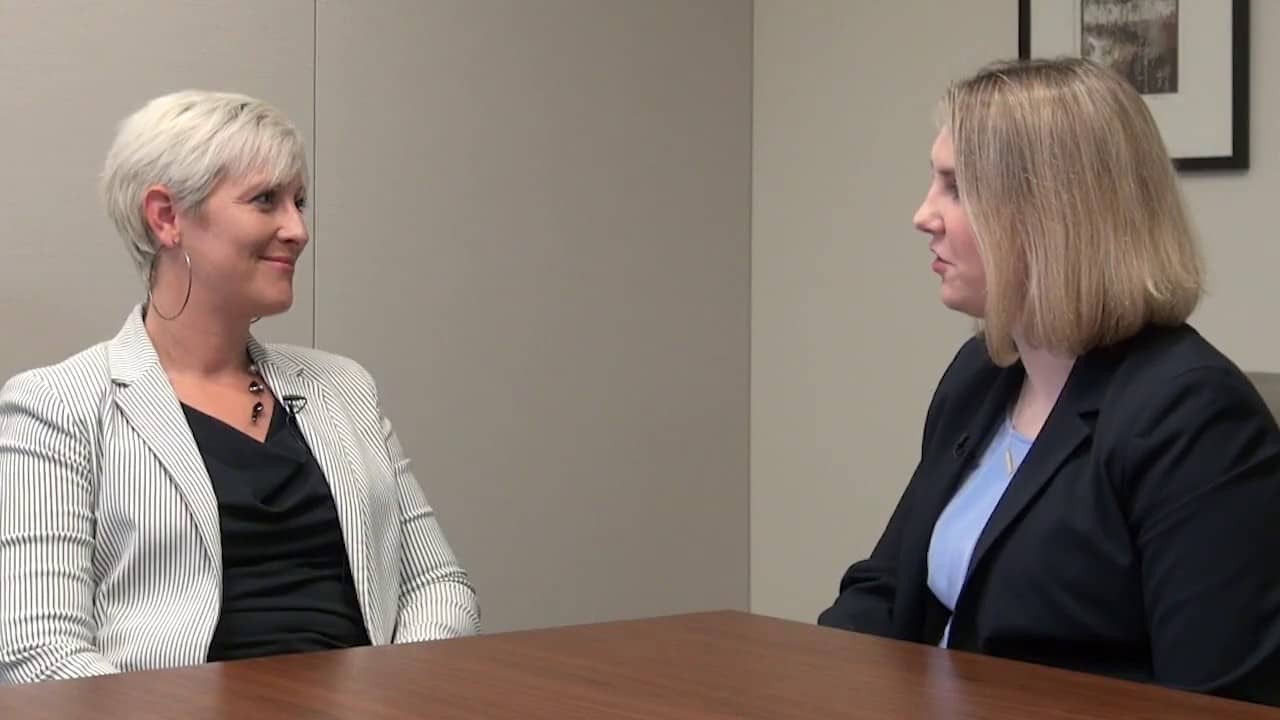Jen: This is the PKF Texas Entrepreneurs Playbook. I’m Jen Lemanski, and I’m back again with Nicole Riley, an Audit Senior Manager and one of the faces of PKF Texas’ Not-for-Profit team. Nicole, welcome back to The Playbook.
Nicole: Thanks, glad to be here.
Jen: Now as a CFE I know you talk about fraud – Certified Fraud Examiner. What is occupational fraud, and can it happen in a not-for-profit organization?
Nicole: So occupational fraud really is a fancy word for employees stealing. And yes, unfortunately it does happen in the not-for-profits. The 2018 Report to the Nation by the Association of Certified Fraud Examiners found the median loss at a not-for-profit was $75,000 per instance.
Jen: Wow.
Nicole: Yeah. It is actually better than the for-profit loss; the median loss there was $164,000, but not many nonprofits that I know can handle a $75,000 loss in their budget, and that doesn’t even consider the indirect impact on their reputation or the loss of donor trust.
Jen: Right. So, how does fraud happen in a not-for-profit organization? It seems like there’s so few people you’d be able to catch it quick.
Nicole: Because there’s few people, a lot of times there’s few internal controls, which means everybody is allowed to do everything, and there’s no checks and balances. It’s really important to have some internal controls in place to make sure that the same person isn’t doing all the duties and can walk away with whatever they want, and no one will know.
Jen: Are there things to consider when putting those internal controls into place other than the bifurcation of duties?
Nicole: Segregation of duties is always the most important, and if you can, you should do it. For instance, if somebody deposits the checks and writes the checks, they shouldn’t be reconciling the bank statement as well.
But if that’s not possible, because of the limited staff, the next best thing is what I call detective controls. That’s where you have somebody reviewing the bank statement, and it’s got to be an effective review – they have to actually look at the information, making sure that the checks coming through the bank are what they should be, the amounts that they are, the people that they’re going to, as well as the money coming in and having that checks and balances on the back end. And although it may not prevent a fraud, it usually will catch it much faster and keep the loss to a minimum.
Jen: Interesting. Now is that something a board member would do or a member of the staff?
Nicole: A lot of times staff are involved in having policies and procedures in place, the executive director, but when we do have organizations really small, board members do step in and help with that policy. We are actually available to help you look at those controls you have and maybe make some suggestions on ways that can be improved without costing an arm and a leg.
Jen: Perfect. Well, we will get you back to talk a little bit more about not-for-profit organizations.
Nicole: Thanks.
Jen: Thanks. To learn more about how we can help your organization, visit www.pkftexas.com/NotForProfit. This has been another Thought Leader production brought to you by PKF Texas the Entrepreneurs Playbook. Tune in next week for another chapter.

